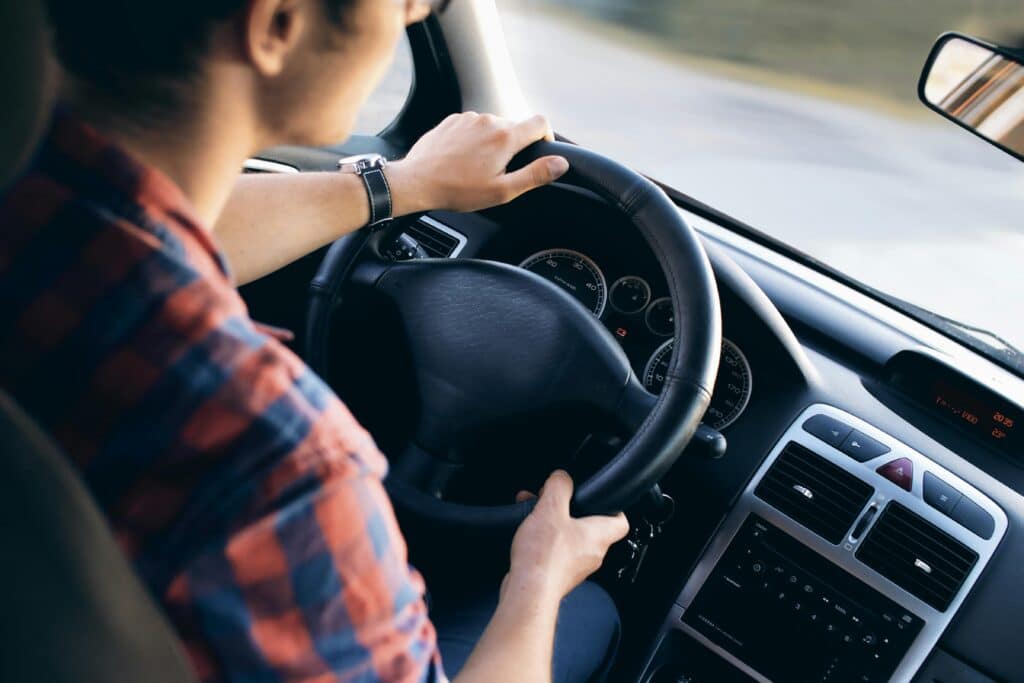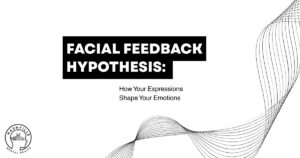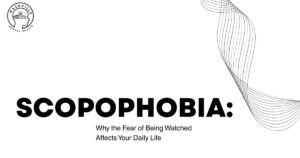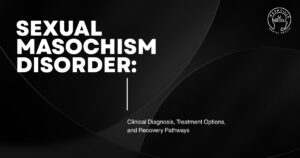Understanding Driving Anxiety and Its Impact on Daily Life
Driving anxiety, a type of phobic disorder, affects many people. It can range from mild apprehension to overwhelming fear, especially in situations like busy roads or bad weather. This fear often leads to avoidance of driving, impacting daily life and reducing quality of life.

Nashville Mental Health
Common Symptoms of Driving Anxiety
Driving anxiety can cause physical symptoms such as a racing heartbeat, shortness of breath, or sweaty palms. These symptoms often occur when encountering common triggers like road accidents, speeding, or aggressive drivers. Emotional symptoms include irrational fear and persistent anxiety about potential hazards.

How Driving Anxiety Relates to Past Experiences
Negative experiences like previous accidents or near misses can lead to driving fears. These experiences may cause extreme anxiety or apprehension about motorway driving. For some, these fears extend to public transport or flying, resembling generalized anxiety disorder.
Behavioral Therapy for Driving Anxiety
Behavioral therapy is a proven treatment for anxiety disorders, including fear of driving. Techniques like exposure therapy help individuals gradually face their fears in a controlled environment. Virtual reality exposure therapy is another option that allows safe simulation of driving scenarios.
Treatment Options in Nashville, TN
Nashville offers various treatment options for driving anxiety. Mental health professionals use evidence-based therapeutic techniques to address irrational fears and panic disorder. Standard techniques include relaxation exercises, cognitive-behavioral therapy, and mindfulness training.
How Exposure Therapy Works
Exposure therapy involves gradually exposing the individual to driving situations that trigger anxiety. For example, driving on dual carriageways or major roads at mph speed limits. This method reduces the discomfort associated with common triggers like busy roads or wrong lanes.

Nashville Mental Health
Recognizing Common Triggers of Driving Anxiety
Triggers include bad storms, road accidents, or even watching a stupid driver make dangerous maneuvers. Understanding these triggers helps create a tailored treatment plan. Fear of speed and freeway phobia are also common fears addressed during therapy.
Improving Driving Skills to Build Confidence
Building adequate driving behavior can transform an anxious driver into a confident driver. Driving lessons focused on motorway driving skills or navigating 2-way lane roads can improve both skills and confidence.
Lifestyle Adjustments to Ease Anxiety Symptoms
Lifestyle changes such as regular aerobic exercise can help manage anxiety symptoms. Time for exercise, along with practicing relaxation techniques, can reduce physical symptoms like a racing heartbeat and shortness of breath.
When to Seek Help from Mental Health Professionals
If driving fears or panic attacks during driving disrupt your everyday life, it’s time to seek help. A qualified professional can assess your mental health condition and recommend effective treatment options.
Nashville’s Approach to Treating Driving Phobias
Nashville’s mental health providers focus on comprehensive care. From addressing extreme anxiety to offering access to therapy, they aim to help individuals regain their quality of life and return to safe driving.
Preventing Anxiety from Getting Worse
Untreated anxiety symptoms can escalate. Working with a mental health provider helps prevent persistent anxiety from worsening. Safe drivers are those who address their fears early and commit to long-term mental health. Visit SAMHSA or contact us today for more information.

Nashville Mental Health
FAQs
What are common triggers for driving anxiety?
Triggers include previous accidents, bad weather, busy roads, and irrational fears about potential hazards. Understanding these triggers is key to effective treatment.
How does exposure therapy work for driving anxiety?
Exposure therapy involves gradual exposure to driving situations that cause fear, helping individuals build confidence over time in a controlled setting.
Can behavioral therapy help with driving anxiety?
Yes, behavioral therapy is effective for addressing driving fears and panic disorders. It focuses on changing negative thought patterns and reactions.
What physical symptoms indicate driving anxiety?
Physical symptoms include a racing heartbeat, sweaty palms, and shortness of breath. These symptoms often arise during stressful driving situations.
Is driving anxiety treatable in Nashville?
Yes, Nashville offers a range of treatment options, including therapy with mental health professionals and innovative techniques like virtual reality exposure therapy.












